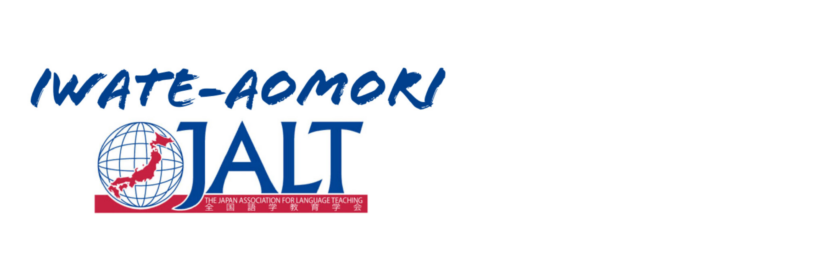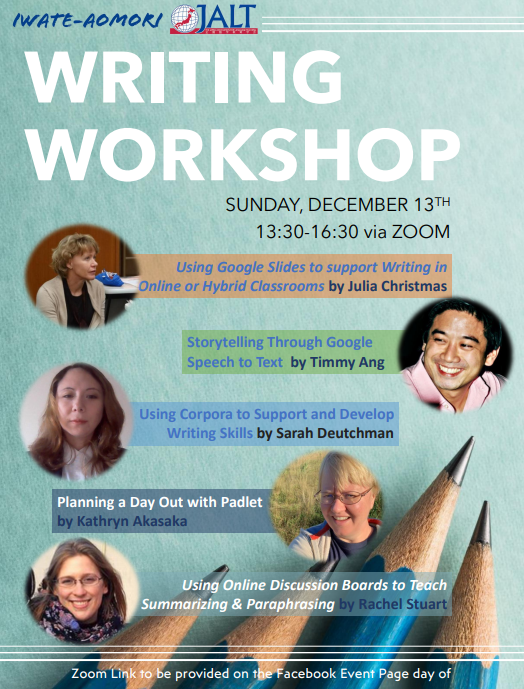Date: Sunday, January 21, 2024 1:30pm
Location: AIINA – Rm 807
Cost: JALT Members – Free. Non-member – 1000 yen
Event Registration is here: https://www.facebook.com/events/1116409366393717/
Edo Forsythe
Student Perceptions of Benefits of Free Writing in English
Japanese university students are often required to perform free writing activities in their English language classes in an attempt to encourage confidence in writing in English. This session will explain the free writing activities used in the authors’ courses, discuss the changes in fluency observed, and provide qualitative data describing the participants’ thoughts about free writing activities. Attendees will receive ideas for effectively employing free writing in their English language classes to meet students’ desires.
Jim Smiley
Multiple document reading in Japanese English majors
One key aspect of successful academic writing is the capability to assess and evaluate information sources (Moon, 2008). Japanese undergraduate academic writers are known to trust authority sources in preference to anonymous writers when resolving controversial everyday topics (Kobayashi, 2014) and are capable of coherently arguing on social topics with which they have adequate topic knowledge (Stapleton, 2001, 2002). However, the issue of how undergraduate subject specialists deal with unresolved debates in their major field of study remains unknown. The speaker addresses the question of how advanced third-year undergraduate English majors resolve discipline-specific controversies in second- language theory. A mixed-methods research design centring on multiple document reading was used to investigate this question. Participants read two articles that presented conflicting perspectives on the critical period hypothesis (CPH). They answered comprehension questions on each article, submitted a written report on their beliefs about the CPH and participated in a semi-structured interview that collected information about their reasoning and writing processes. The results suggest that the role of prior beliefs, personal experiences and opinions strongly informs participants’ perspectives and that encountering alternative viewpoints may fail to generate a deeper critical engagement appropriate to this level. The presenter will discuss some implications for pedagogy relevant to developing subject specialists’ academic writing in the later years of undergraduate study.
JALT Officers Meet and Greet after the presentation.

